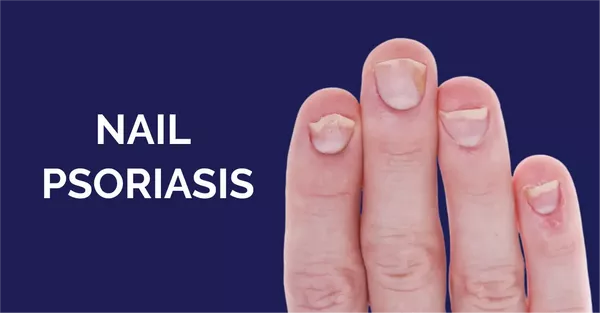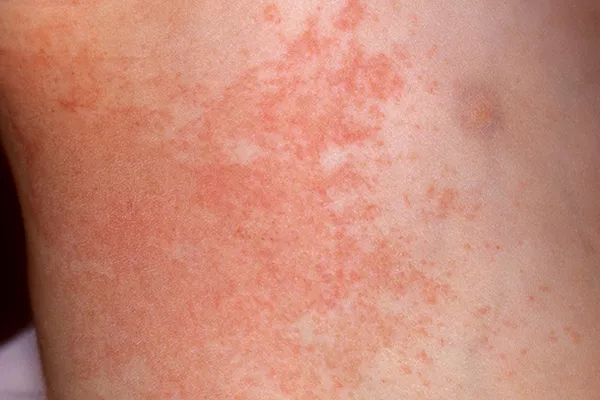Almirall’s Ilumetri (tildrakizumab) has shown promising results in restoring the well-being of patients with moderate to severe plaque psoriasis to levels comparable with the general population, according to interim findings from the ongoing POSITIVE study.
In this study, patients treated with Ilumetri began experiencing improvements as early as 16 weeks after starting treatment. Six out of ten patients achieved a PASI (Psoriasis Area and Severity Index) response of 1 or less, indicating significant skin clearance. These results underscore the efficacy of Ilumetri as an interleukin-23 inhibitor designed for adults who require systemic therapy for psoriasis.
Volker Koscielny, Almirall’s chief medical officer, emphasized the study’s importance in addressing the persistent needs of dermatology patients. He noted, “The POSITIVE study not only confirms Ilumetri’s effectiveness in clearing skin lesions but also highlights its impact on enhancing overall patient well-being, which is crucial for patients reclaiming their quality of life.”
The POSITIVE study, distinguished as the first prospective trial of its kind, incorporates a comprehensive, patient-centered approach. It utilizes the WHO-5 Well-being Index, a validated questionnaire assessing psychological well-being across five domains, to evaluate the holistic impact of treatment on patients with psoriasis.
The study revealed that nearly 77% of psoriasis patients feel their condition affects daily life and overall well-being. After 52 weeks of Ilumetri treatment, significant proportions of patients achieved notable skin improvement, with no new safety concerns reported during the study period.
Moving forward, the ongoing POSITIVE study plans to monitor patients over a 24-month period to further assess the long-term efficacy and safety of Ilumetri in managing moderate to severe plaque psoriasis.
This study marks a pivotal advancement in dermatological care, offering hope for improved outcomes and enhanced quality of life for patients grappling with chronic psoriasis.
Related Topics:

























